COLLEGE READINESS TIMELINE
Think About You
Answer these three questions (and keep this somewhere close so you can refer to it, and edit it as you grow and develop new interests): What do you like? What are you good at? What do you want to do with your life? This is who you are! As you think about your education and your career you can use these answers to check in with yourself. And to be inspired!
Build Your Team
Throughout high school you can find support and guidance from many sources. Your teachers, your guidance counselor, a College Now advisor, a coach, and most definitely your Breakthrough network--all of these people can offer direction, advice, different perspectives, and inspiration.
Spend Your Time Well
Do you like watching movies? See if there is a creative writing class you can take and learn to write a screenplay. Do you love sports? Join your school’s newspaper or tv programming club and create original content about your favorite team or pastime. If building things and solving puzzles is your thing, make sure you explore computer science and engineering elective courses. Your guidance counselor and your teachers can help you discover all sorts of ways to put your interests into your courses and free time.
Consider Your Options
All different kinds of colleges exist in a variety of settings and locations. Start to consider the variety of higher education opportunities that are out there, and talk about these options with your family members and your mentors. And, be ready for your thoughts to change over time!
Is weather important to you? Would you prefer to study in a warmer seasonal climate? How far from home are you willing to go? What social environments are you attracted to? Are you more of a city-slicker or the quiet type? Perhaps a combination of both? Think hard about your options! School size is another important factor. Sometimes a student body of 40,000 people can be intimidating. For others, that’s a blast! Or you may be attracted to a cozy middle ground. School size can sometimes dictate average class size, so think about the kind of learning environment where you do your best work. Your fellow students will be a crucial part of networking once you are an alumnus, so think, too, about culture and what kind of community you’d like to join.
Define Your Opportunities
It’s so important to start your freshman year with focus and purpose. The work you do, the grades you achieve, the challenges you address--all of this becomes the foundation for an excellent high school career. Talk to your guidance counselor about your goals so that you can map out your curriculum--your coursework--for the four years of high school. Many courses are building blocks to higher-level courses and you want to be sure you are on pace to reach your goals.
This is also a great time to think about how you spend some of your free hours each week. Do you want to try something new? Athletics? Arts? Entrepreneurship? Think about your answers to those first three questions (What do you like? What are you good at? What do you want to do with your life?) and pursue some activities that are in line with your interests and goals. Even if you discover that you don’t like something as much as you thought, you’ve made a really good investment in self discovery!
Your freshman year is an excellent time to commit to a volunteer opportunity that benefits your community! Not only do colleges love to see that you are invested in your community project of choice, but it is also a great way to give back to the people that have contributed to your success!
On Your Radar
Two things to get on your radar: application types, and entrance exams.
Which type(s) of Application(s) does your college accept? Most schools use the Common Application. You do not need to worry about this quite yet, but it is a good thing to know if you have a particular school in mind.
There are two common college entrance exams you’ll want to know about: the SAT and the ACT. Typically, colleges will accept either exam. As you work through this timeline, you will learn about each. For now, just know that they will be something for you to prepare for and take.
Challenge Yourself
Throughout your four years of high school seek challenges. This means in the courses you choose, but also in how you spend your free time. You’ll grow and learn when you are challenged! Plus, colleges want to see that you have tapped into the highest level of courses that you can handle. You’ll work with your guidance counselor to determine what that means for you. It could be some honors courses, AP and/or college courses, going for a leadership position, trying something new.
Consider the Cost
While applying for scholarships in your freshman year is too early, start thinking about the financial responsibility of higher education. Learn the language of financial aid. The resources of the College Board are something you can rely on. Start your research about paying for college here.
Community Work
Your freshman year is an excellent time to commit to a volunteer opportunity that benefits your community. Colleges love to see that you are invested in your community project of choice, and it’s a great way to give back to the people that have contributed to your success!
Talk to Your Counselor
Your guidance counselor will be a big help in getting you to college! They are often responsible for providing a letter of recommendation as well as giving you advice for how to apply for scholarships. Schedule an appointment with your high school counselor so you can begin to build a relationship with an important ally on your path to success.
